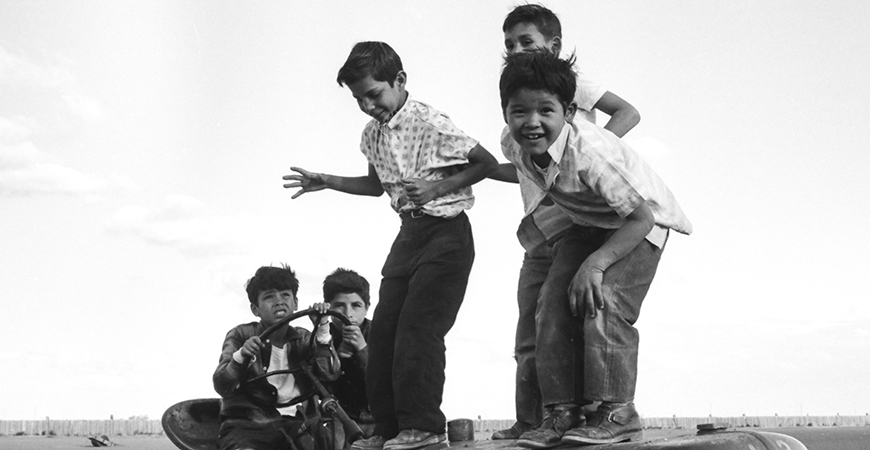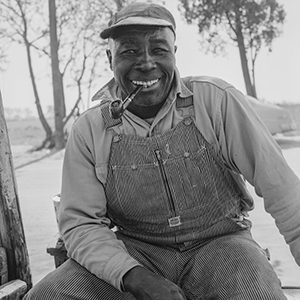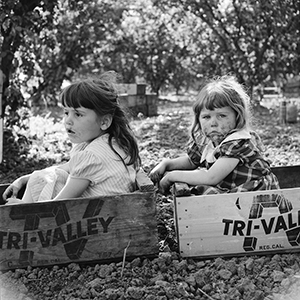
In the 1960s, Ernest Lowe took his camera into the rural towns of California’s Central Valley, documenting the lives and struggles of farm-working communities. Sixty years later, these photos are available to the public through UC Merced, showing the raw reality of farm laborers and their families during these tumultuous times.
The newly acquired photographs — which are available for free, public consumption through the UC Merced Library on the website Calisphere — are a rich collection of images across Central Valley communities.
The new collection comprises more than 2,700 digital images and roughly 5,000 additional film negatives. The unique collection sheds light on the communities that migrant workers built and lived in. It “illustrates the unflinching dignity with which these individuals lived and worked under extremely demanding and difficult conditions,” said University Archivist Jerrold Shiroma.
There are photographs from Delano to Sacramento, where the United Farm Workers organized marches, featuring prominent activists Larry Itliong, Cesar Chavez and Dolores Huerta. There are also images of Robert F. Kennedy as he participated in a series of congressional hearings on the rights of farmworkers.
"The collection came about as part of the Center for the Humanities charge of building and collecting local archives,” said center Director Mario Sifuntez. “The Fresno Art Museum staged an exhibit called ‘Black Okies’ from Lowe’s collection and I immediately felt they needed a home in the Central Valley. I began a series of conversations with Ernie Lowe about acquiring the collection, and we were aided by the library and former Chancellor Dorothy Leland in making it a reality. As a research institution it is vital that UC Merced document, collect and display local history in order to aid communities, students and researchers in telling the story of the Valley.”

Lowe studied photography in the late 1950s with the noted social documentarian John Collier Jr. His other models were the classic images of Dorothea Lange, Walker Evans and other Farm Security Administration photographers. In 1959, Lowe joined the staff of Pacifica radio station KPFA and almost immediately began documenting the lives of migrant farm workers. Alongside his more dramatic scenes are images depicting the familial and community lives of these farmworkers. Viewers are drawn into the worlds these laborers built for themselves as they worked tirelessly in the fields or struggled with the disappearance of jobs as a result of the mechanization of agriculture.
Communities such as Teviston are featured, a place to which Black sharecroppers migrated after the Second World War. These former sharecroppers came to California looking to escape the oppression of the Jim Crow South and the new-slavery tenant farming systems, but instead found themselves struggling to find work and dealing with a racism they had hoped to escape.

"I am more than pleased to have my photographs at UC Merced and in the online research collection Calisphere. Scrolling through them online I can zoom into details such as the text on a can of beans or the expression on a kid's face as he or she works alongside the family,” Lowe said. “What a gift to researchers seeking to understand life in the fields and orchards, the camps and settlements of the 1960s.”
"UC Merced seems a very appropriate home for my work,” Lowe continued. “The high racial and ethnic diversity of student body and faculty matches the diversity of people that I photographed. I sensed an air of excitement in the classes I visited in 2019, with many students the first in their families to attend college. I hope my photos will inspire some to go out to document life in the Valley six decades after my project."
The UC Merced Library owns additional collections on the San Joaquin Valley, Sierra Nevada and more. Visit the library’s Special Collections website for more information.



